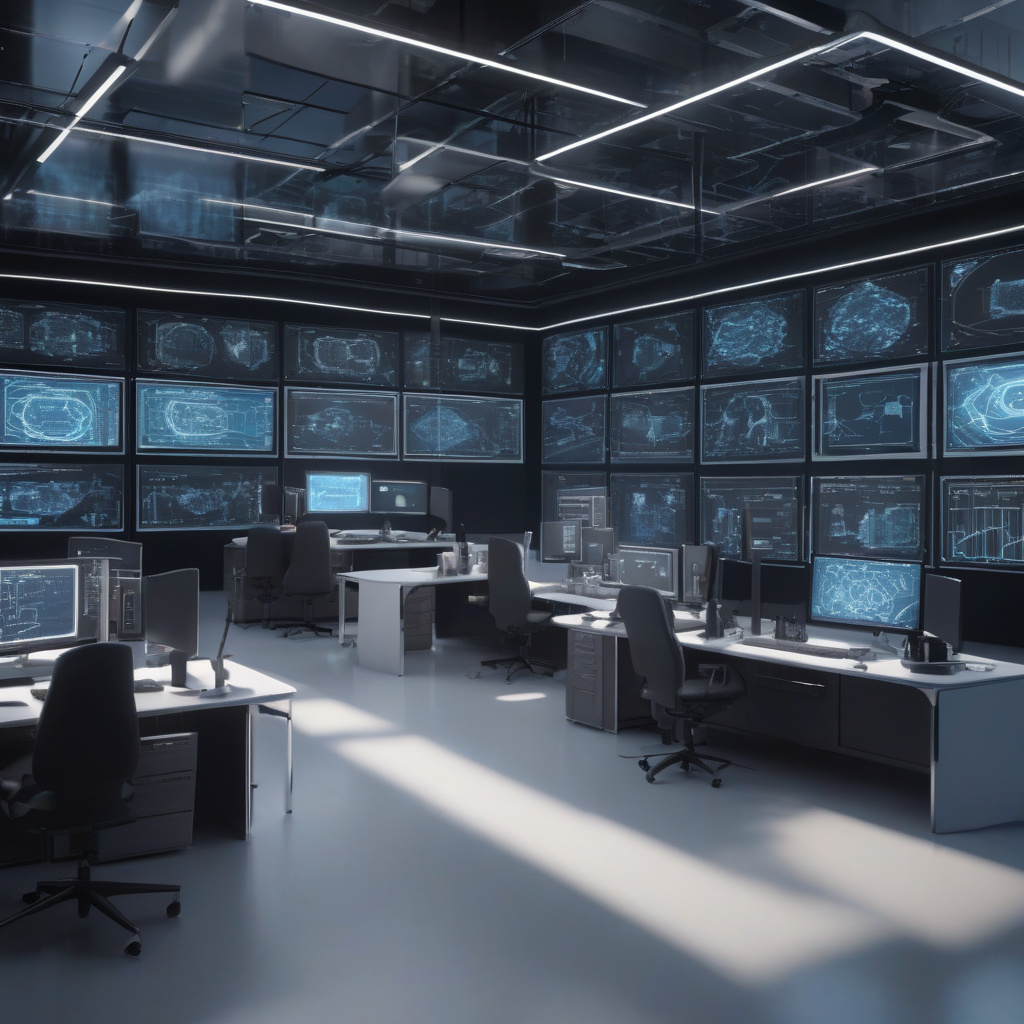In the realm of software development, automation has long been a key player, streamlining processes and enhancing efficiency. However, the landscape is now evolving, with a significant transformation taking place. Artificial Intelligence (AI) is not just a buzzword or a distant promise; it is actively reshaping how developers approach their craft.
AI’s role in the software development lifecycle has transitioned from mere automation to profound optimization. This shift is evident in various aspects of software creation, from coding and testing to deployment and maintenance. Let’s delve into how AI is expanding its influence and redefining the development process.
One area where AI is making notable strides is in code generation. Through techniques like machine learning and natural language processing, AI tools can assist developers in writing code more efficiently. For instance, platforms like GitHub’s Copilot can suggest entire lines of code based on context, significantly accelerating the coding process.
Moreover, AI-powered testing tools are revolutionizing quality assurance practices. By analyzing vast amounts of data and identifying patterns, these tools can predict potential bugs and performance issues before they occur. This proactive approach not only saves time but also enhances the overall reliability of the software.
When it comes to deployment, AI plays a crucial role in optimizing resource allocation and scalability. By leveraging AI algorithms, developers can automate deployment processes, ensuring optimal performance and cost-efficiency. This means faster delivery times and more reliable software implementations.
Furthermore, AI is increasingly being used in monitoring and maintenance tasks. Systems equipped with AI can detect anomalies, predict downtimes, and even self-heal in some cases. This proactive maintenance approach minimizes disruptions and keeps software running smoothly, ultimately enhancing user experience.
The evolution from automation to optimization signifies a paradigm shift in software development. Developers are no longer just aiming to automate repetitive tasks; they are harnessing AI to optimize every aspect of the development lifecycle. This means not just working faster but working smarter, with a focus on innovation and continuous improvement.
As AI continues to advance, its role in software development will undoubtedly expand further. Embracing AI tools and technologies is no longer just an option but a necessity for staying competitive in today’s fast-paced tech industry. By leveraging AI for optimization, developers can unlock new possibilities, drive efficiency, and deliver higher-quality software products.
In conclusion, AI’s expanding role in software development is not just a trend; it’s a transformative force shaping the future of the industry. By embracing AI-driven optimization, developers can unlock new levels of productivity, innovation, and reliability in their software projects. So, as you navigate the ever-evolving landscape of software development, remember: automation got us here, but optimization powered by AI will take us even further.

